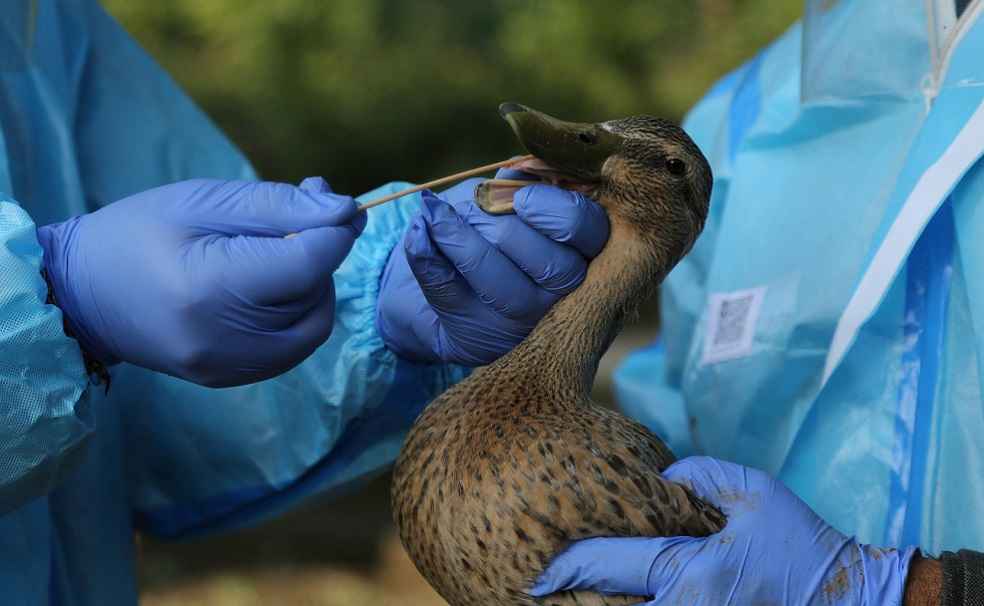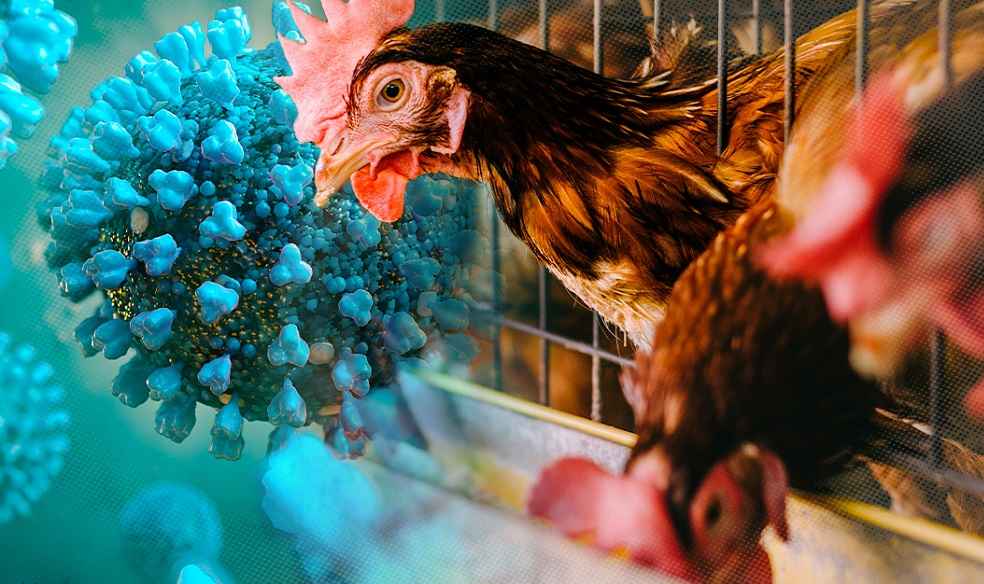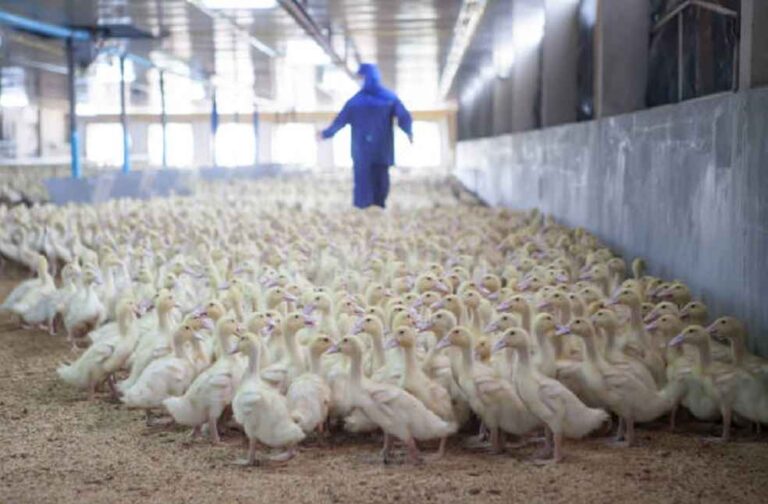On October 2, France embarked on a unique path within Europe by launching a massive duck vaccination campaign aimed at millions of ducks, marking a proactive effort to combat bird flu and prevent recurrent avian influenza outbreaks. This initiative unfolded even as the United States and Japan imposed trade restrictions on French poultry imports, citing potential health risks.
France has been grappling with bird flu, with significant waves of highly pathogenic avian influenza affecting the country, especially impacting its acclaimed foie gras industry. The recurrent outbreaks since 2015, becoming nearly incessant since 2020, necessitated widespread culling, imposing a hefty financial and emotional toll on the farming community.
Jocelyn Marguerie, the poultry chief at the SNGTV farm vets’ association, highlighted the severe threat the virus posed but was optimistic that vaccination could help transition from broader infections to isolated cases, thereby preventing a larger catastrophe across poultry farms.

The extensive plan aims to vaccinate approximately 60 million ducks over the next year. The campaign kicked off in the southwestern region of Landes, with Agriculture Minister Marc Fesneau overseeing the launch. Fesneau expressed hope during the launch, indicating the vaccination drive as a potential turning point in the enduring fight against bird flu.
The financial framework for this initiative is substantial, with an estimated budget of 96 million euros ($102 million), of which the French government will cover 85%. Pharmaceutical giant Boehringer Ingelheim is supplying the initial batch of 80 million vaccine doses, laying the biological groundwork for the campaign.
Despite the optimism, the initiative has its share of skepticism. Some local farmers have expressed concerns regarding consumer reluctance towards meat from vaccinated ducks. These domestic concerns are further complicated by international trade implications, especially with the US and Japan’s recent import restrictions. These nations have temporarily halted French poultry imports, fearing potential disease concealment in vaccinated birds.

Thierry Dezes, a farmer from Landes, echoed a collective aspiration among the community for the vaccination to mark a return to normalcy, expressing an earnest hope for a cessation of the culling routines.
This ambitious French initiative unfolds a complex narrative, showcasing a quest for stability in the poultry sector amidst a mesh of domestic hopes and international reservations. This project, laden with national optimism and intertwined with global trade dynamics, potentially sets a precedent for global approaches in mitigating avian influenza.
IMEX SECTOR | Saudi Arabia’s Poultry Ambitions: Strides Towards Global Food Security



